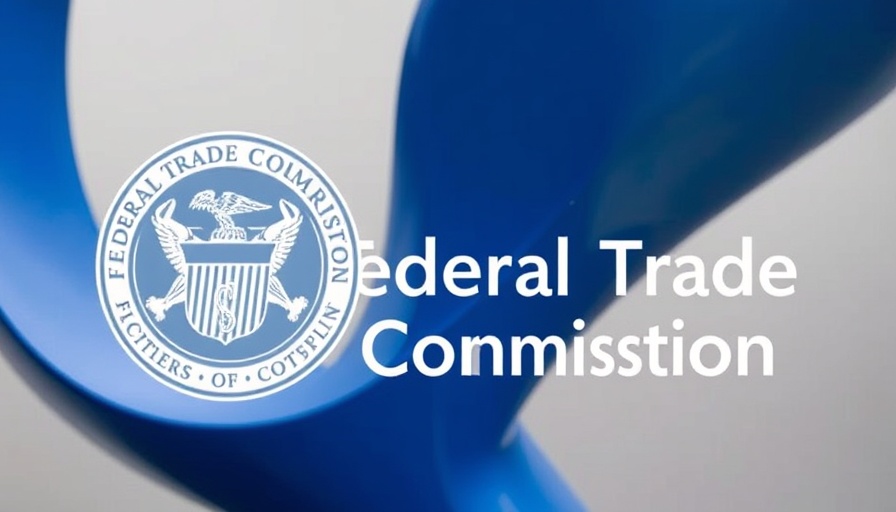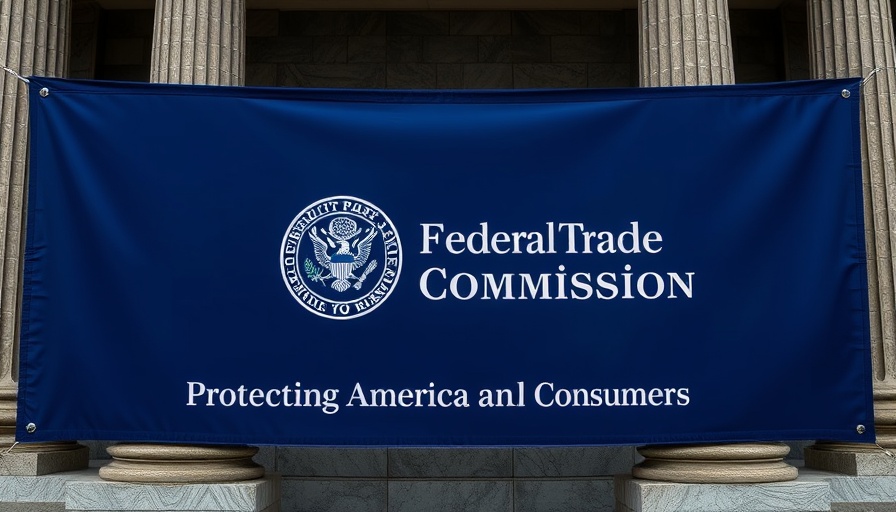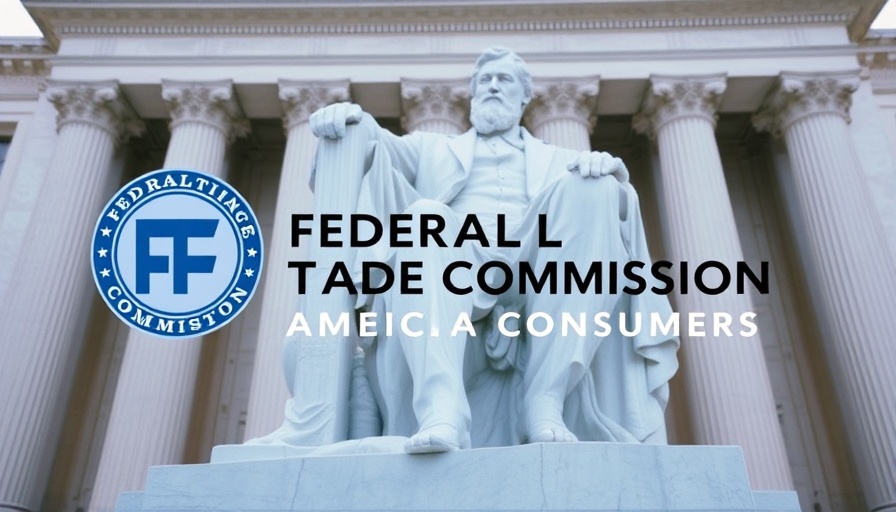
FTC Cracks Down on AI Detection Claims: What It Means for Businesses
In an unprecedented move, the Federal Trade Commission (FTC) has mandated that Workado, LLC must substantiate the accuracy claims of its AI Content Detector tool. This order comes as the agency alleges that Workado's assertion of a 98% accuracy rate is unfounded, posing risks not only to consumers but also to the competitive landscape in the AI market.
Understanding the FTC's Order: Implications for AI Companies
The FTC's directive aims to safeguard consumers who rely on AI detection tools to differentiate between human-created content and that produced by generative AI technologies, such as ChatGPT. Chris Mufarrige, Director of the FTC’s Bureau of Consumer Protection, stated, "Misleading claims about AI undermine competition by making it harder for legitimate providers of AI-related products to reach consumers.” This highlights the growing scrutiny faced by AI companies as they balance consumer trust with the need for accurate product marketing.
Consumer Trust at Stake: The Reality Behind AI Detection
Workado marketed its AI Content Detector as an innovative solution for discerning content origin, using a diverse training set. However, the FTC contends that the tool's training was narrowly focused on academic materials, rendering it ineffective in broader applications. This disconnect raises crucial questions for business brokers about the importance of validating AI products and their claims before promoting them to clients.
Why This Matters: The Need for Ethical AI Practices
For business brokers and technology investors, understanding the legal landscape surrounding AI is crucial. The FTC’s order is a wake-up call for all AI companies to ensure their marketing practices align with ethical standards. As the market becomes increasingly saturated with AI tools, maintaining transparency about product efficacy will not only protect consumers but also solidify a company’s reputation in the industry.
Moving Forward: Lessons for Future AI Innovations
This FTC ruling serves as a pivotal lesson for AI developers and marketers alike. It emphasizes the necessity for robust evidence to support product claims, especially in an area as complex as artificial intelligence. Companies are encouraged to adopt best practices that prioritize accuracy and ethical marketing, which will ultimately foster both consumer trust and market integrity.
 Add Row
Add Row  Add
Add 




Write A Comment